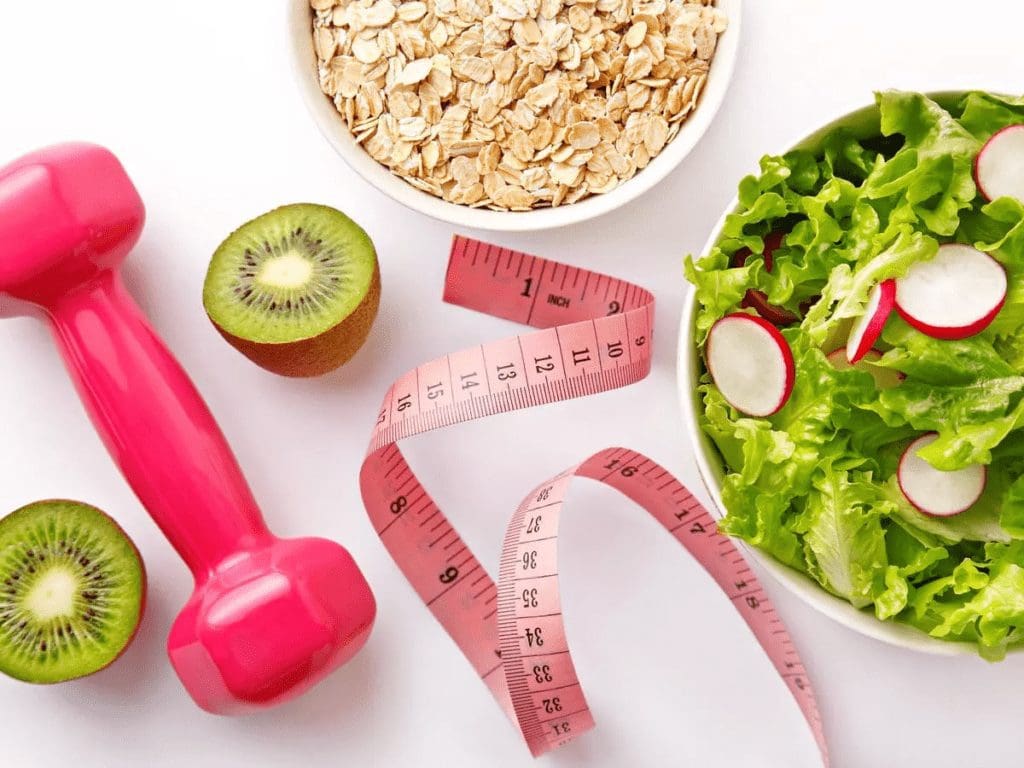10 reasons to drink water
Simply put, drinking water regularly and before meals is the first piece of nutritional advice I offer to clients. It's a no brainer.
Why? Drinking water before your main meals helps reduce the chances of dehydration, helps reduce hunger and meal consumption, and allows your digestive enzymes to work better. It is advisable not to drink water with your main meals - waiting as long as you can will help your digestion.
Later in this blog , I will give you 3 How to tips on increasing your water consumption
Before I get to them here are 8 other reason to drink water:
- Being dehydrated can also positively affect our mood, mental well-being and mental performance, with studies suggesting that energy levels, cognition and emotions may all be affected. Research suggests that losing as little as 1% of your body weight in fluid may reduce mental performance, as well as potentially inducing fatigue and headache.
- It helps create saliva- Water is a main component of saliva. Saliva also includes small amounts of electrolytes, mucus, and enzymes. It’s essential for breaking down solid food and keeping your mouth healthy.
- It helps excrete waste through perspiration, urination, and defecation. Your body uses water to sweat, urinate, and have bowel movements.
- It helps prevent constipation Eating fibre isn’t the only way to prevent constipation. It’s also important to maintain your water intake so your bowel movements contain enough water.
- It aids in digestion Contrary to what some believe, experts confirm drinking water before, during, and after a meal will help your body break down the food you eat more easily. This will help you digest food more effectively and get the most out of your meals
- It helps with nutrient absorption In addition to helping with food breakdown, water also helps dissolve vitamins, minerals, and other nutrients from your food. It then delivers these vitamin components to the rest of your body for use.
- It improves blood oxygen circulation. Water carries helpful nutrients and oxygen to your entire body. Reaching your daily water intake will improve your circulation and have a positive impact on your overall health.
- It helps fight off illness Drinking enough water can help prevent certain medical conditions. These include:
- constipation
- kidney stones
- exercise-induced asthma
- urinary tract infection
- hypertension
3 simple tips to drink more water:
- Use the same receptacle to track your water - this can be a chillo (metal chilled water bottle that are very popular nowadays), the same glass, a plastic water bottle (generally not advised to reuse same one due to plastic degradation). Much depends on where you are and what you are doing so sometimes a bit of flexibility is required to keep track.
- Note down daily how much you are drinking. Guessing doesn't work very well!
- Keep an eye on the colour of your wee when you go to the toilet - almost clear is what you are aiming for. It will mean quite a few more trips to the toilet 🙂




